Betagan Eye Drops – Keeping Your Sight Safe
So your eye doctor just told you that you have glaucoma or high eye pressure, and now you’re sitting there with a prescription for Betagan, probably wondering what you’ve gotten yourself into. I get it – nobody wants to hear that their vision might be at risk.
Here’s what’s happening in your eyes: They’re constantly making this clear fluid to keep everything healthy and working right. But sometimes your eyes either make too much fluid or can’t get rid of it fast enough. When that fluid builds up, it creates pressure that slowly damages the nerve connecting your eye to your brain. That’s bad news because once that nerve gets damaged, there’s no fixing it.
Betagan contains something called levobunolol hydrochloride. It’s a beta-blocker, but instead of working on your heart like some beta-blockers do, this one specifically targets your eyes. It basically tells your eyes to slow down on making so much fluid, which brings the pressure back down to where it should be.
What You’ve Got There Your Betagan comes in a small squeeze bottle with a dropper tip. Each drop has just the right amount of medication to help control your eye pressure without overdoing it.
Why This Particular Treatment Your doctor gave you Betagan because tests showed you have either:
- Open-angle glaucoma, where your eye’s drainage system isn’t keeping up
- High eye pressure that hasn’t damaged your vision yet but could if left alone
Both situations need treatment to prevent your vision from getting worse over time.
The Daily Routine Wash your hands first – you don’t want to accidentally introduce bacteria into your eyes. Tilt your head back, pull down your lower eyelid slightly, and squeeze in however many drops your doctor prescribed. Don’t let the dropper touch your eye or eyelashes because that can contaminate the whole bottle.
If you’re using other eye medications, give each one some time to absorb before applying the next. Your eyes can only handle so much at once.
Try to do this at the same time every day. Most folks pick morning and evening routines they can stick to long-term.
What Happens After You Use It Your eyes will probably sting for about a minute after the drops go in. Sometimes your vision gets blurry temporarily too. Both of these are completely normal – just wait it out and things will clear up.
Some people’s eyes get red or irritated when they first start using Betagan. This usually improves after you’ve been using it for a week or so.
Health Conditions That Matter Tell your eye doctor if you have asthma, heart disease, or breathing problems. Even though you’re putting this medication in your eyes, small amounts can get into your bloodstream and potentially affect other parts of your body.
And here’s something important – don’t just quit using these drops without talking to your doctor first. Your eye pressure can shoot back up quickly, and that puts your vision at risk.
If You Wear Contacts Take your contacts out before using the drops, then wait at least 15 minutes before putting them back in. The preservatives in eye drops can stick to contact lenses and cause irritation.
Taking Care of Your Drops Store the bottle at room temperature in a place that doesn’t get too hot or cold. Don’t leave it in your car on hot days – heat ruins the medication. Keep it away from bright sunlight and moisture too.
The Hard Truth About Glaucoma Nobody wants to use eye drops every day for the rest of their life. It feels like a hassle, and when you can’t tell that anything’s wrong with your vision, it’s easy to think maybe you don’t really need them.
But glaucoma is one of those conditions that does its damage silently. By the time you notice vision problems, you’ve already lost sight that you’ll never get back. These drops are literally the thing standing between you and potential blindness.
Reviewed by Dr. Ayesha Salman, Ophthalmologist and Glaucoma Specialist
Thousands of people use these drops consistently and are able to maintain good vision well into their later years. The key is to make them part of your daily routine and stay consistent, even when life feels busy. You can set phone reminders, keep an extra supply on hand to avoid running out, and never skip your scheduled eye appointments. Protecting your vision is well worth the daily effort.
Disclaimer: This information is for general educational purposes only and is not a substitute for professional medical advice. Always follow the treatment plan provided by your eye doctor and consult them directly if you have any questions or concerns about your medication.

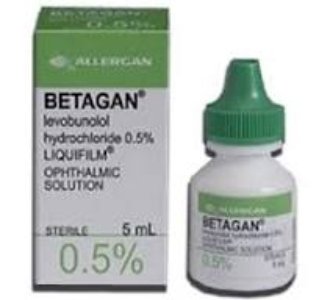
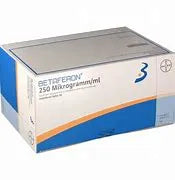
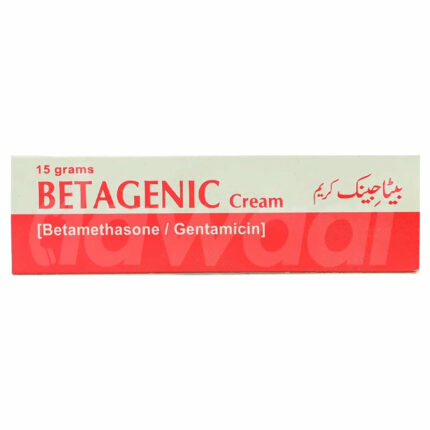
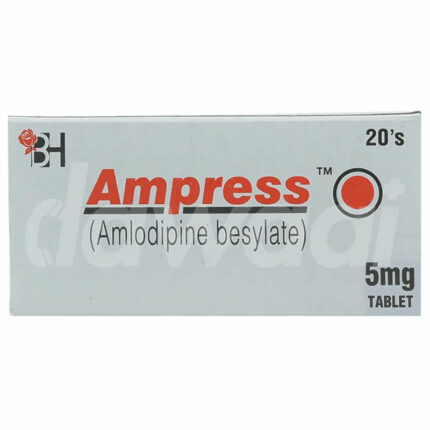
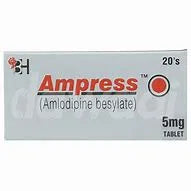
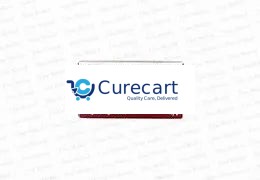

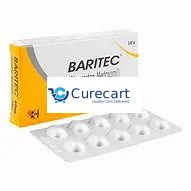
Reviews
There are no reviews yet.